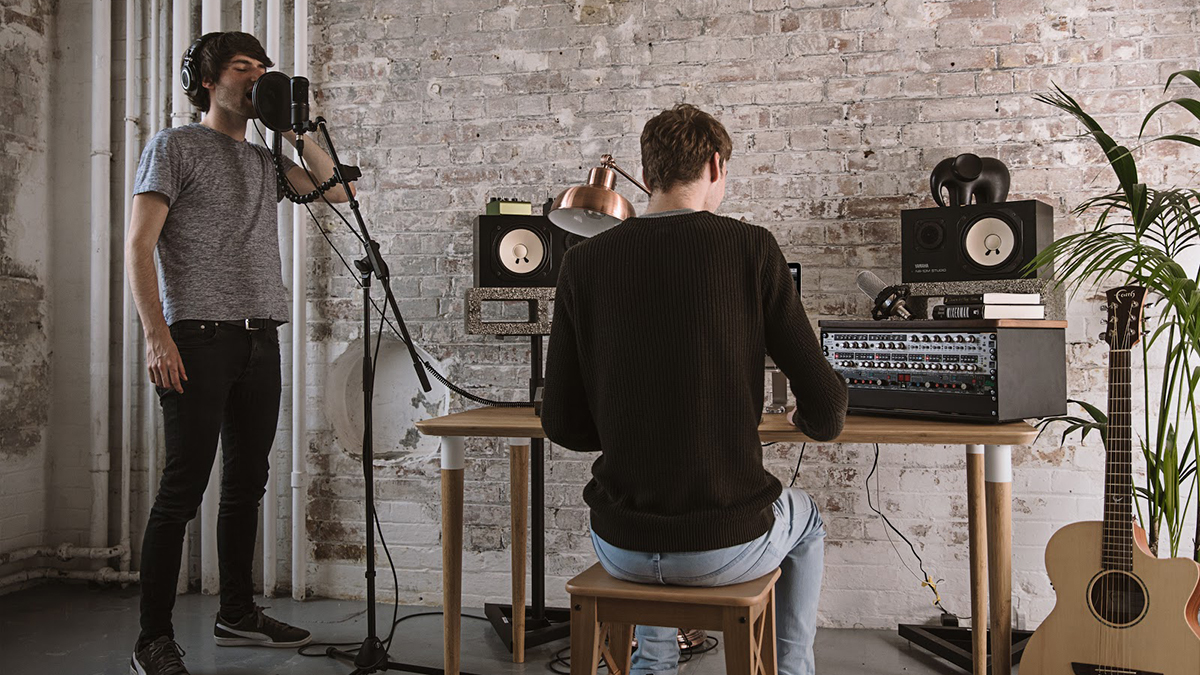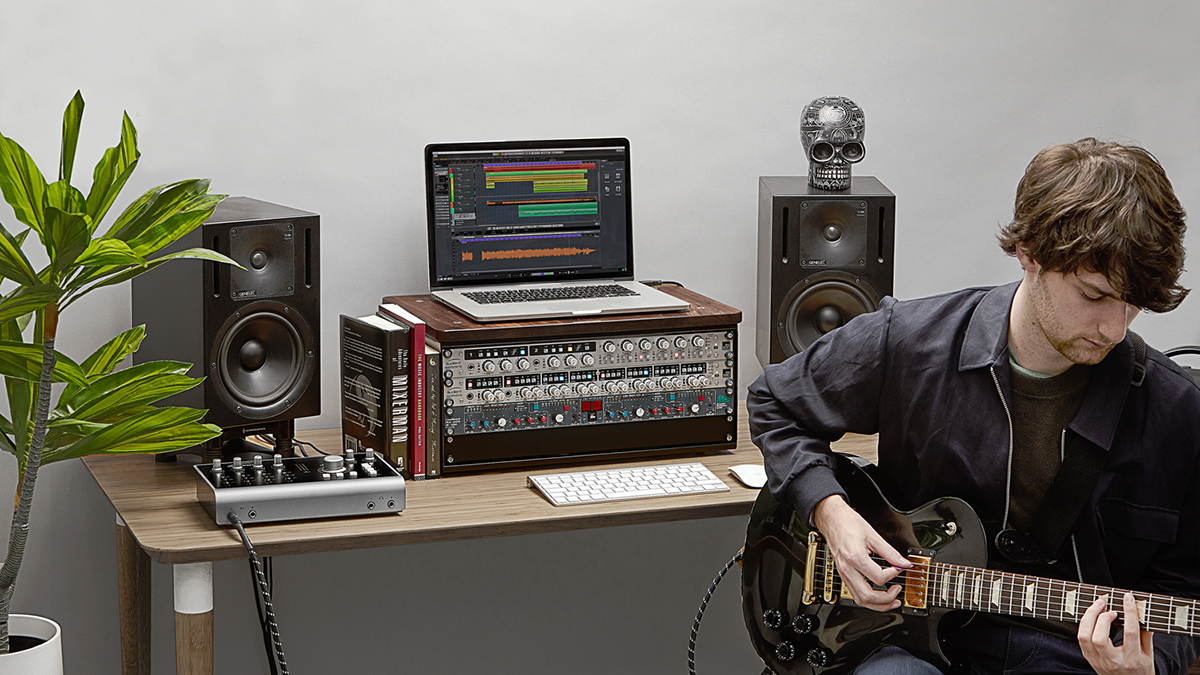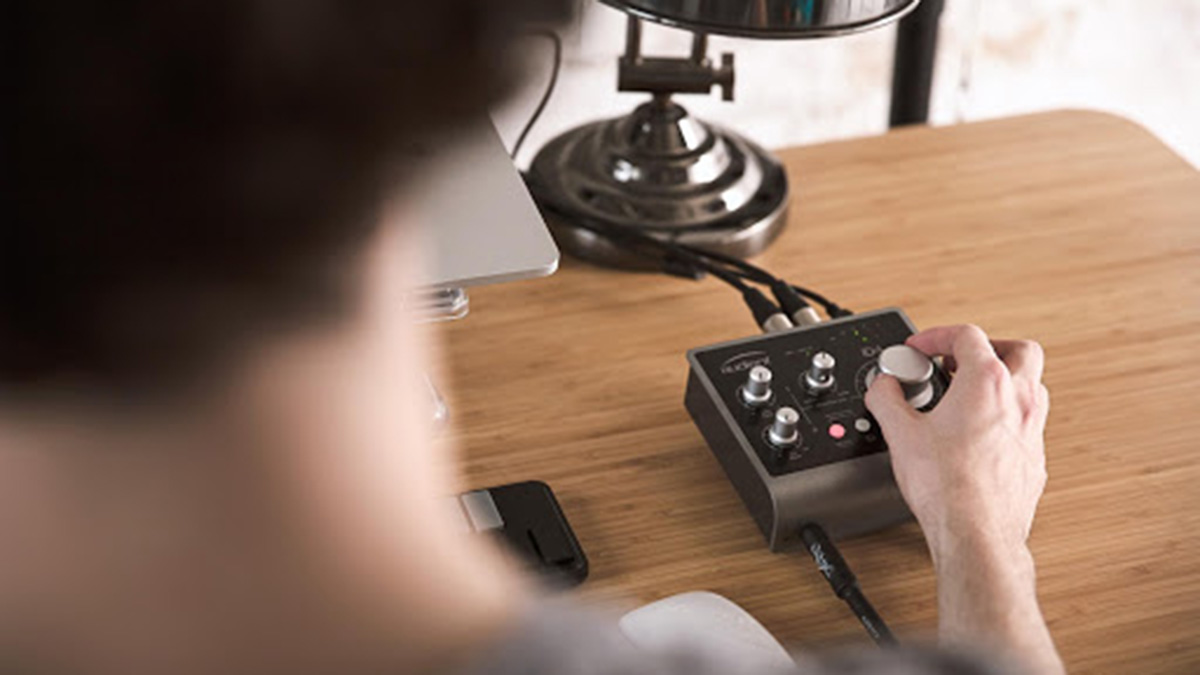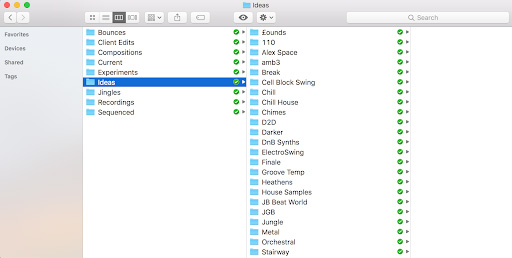
Our whole industry runs on creativity, and it sometimes feels like it is hard to come by, at moments where you need it most. Other times you find for a short period of time and it just starts trickling away. Frustrating right?! Well here are some tips that can help keep the creativity flowing...
1. Rules are made to be broken
It is very easy to kill your creativity when coming up against the “right and wrong” thing to do on a track, whether how you have been told you need to use a specific compression ratio on a certain instrument, or that the mic can only be placed in this one particular position. Ultimately all these recording and mixing rules are there for a reason, they are easy to teach, and they do tend to give reasonable results.
However, you will be surprised how many professional and very successful creatives don’t even know these “rules” and just experiment until something sounds great. At the end of the day it’s all about the sound, so who cares if you have 20 plugins on a single channel, so long as it sounds awesome, just keep your creativity and have fun trying new things.
2. Expand your horizons
It’s easy to go stagnant when creating, suddenly everything you do is sounding the same, it’s boring to listen to and you just want to scrap the whole thing.
The easy way around this is to regularly experience new things, whether it's listening to new music, or just breaking your routine and going outside, going to a gig, or an art exhibition. Feeding your brain with these new experiences can help to see your projects with new light, whether by directly inspiring you to try something new you have seen. Don't underestimate the power of just giving yourself a break and letting yourself see things with fresh eyes.

3. Use reliable gear
You have the perfect melody for your track, you just need to get it recorded so you don’t forget it. But when you come to try and get it into your Digital Audio Workstation, your computer isn’t loading, your interface isn’t connecting and your mic decides it isn’t going to make any sound.
It’s important to use reliable gear to minimise the time you need to spend fixing issues and setting things up. The cheapest piece of gear will save you money, but what’s the real cost if it stops you from being creative. Investing in a high quality piece of gear will last you much better in the long run and not hinder your sessions.
If you’re looking for an audio interface then a great option is the Audient iD4 if you’re just recording a couple of tracks, or the Audient iD44 if you want more channels and something a bit more substantial.

4. Get hands on
We know what it’s like endlessly tweaking plugin parameters on the screen - it doesn’t feel very creative, does it? Getting out of the box can often aid your creativity. Got some cheap hardware processing units or some guitar pedals? Patch them into your audio interface and get tweaking.
If you’ve got an audio interface with balanced inserts, like the Audient iD22 or iD44 then working with outboard effects is easy! Using hardware processing can often leave you with different and unexpected results and rekindle your creativity.
Alternatively record some of your own samples, whatever genre you are creating. Just grab some pans from the kitchen, or go on a walk and capture sounds even just using your phone. Now you have some unique material to play with and manipulate, potentially helping you form some new ideas!
5. Steal your ideas
Who needs creativity when you have technical skills? But seriously, sometimes the creativity just won’t be coming and it’s at these points you’ve just got to power through anyway.
Often the best way to be creative when you’re just not feeling it is to keep learning. If you’re not able to write music/mix a track then analyse others. Once you’ve listened to some mixes or learnt a guitar part, use those exact techniques you’ve learnt and use them in your own songs. “Good artists copy, great artists steal”.
6. Resample your old work
We both know you have a folder of ‘work in progress’ tracks that you’re never going to finish. However, revisiting that folder can be a good source of inspiration. Open up some of your old projects and either expand upon your old ideas or take some sounds out of these projects and resample them into your new work.

If you’re an electronic music producer, then literally resample some of the audio to create new synths, or if you’re a singer-songwriter then use some of your old lyrics in your new songs. There’s no use these unfinished songs sitting on your hard drive, you might as well put them to good use.
7. Make snap decisions and give yourself a deadline
Give yourself an hour to come up with a full song and an hour to mix and master it. Decide what genre you’re going to write and get going. The best ways to come up with some great ideas is to write a lot of bad songs. The idea of this task is to write as many songs as possible in the shortest amount of time. The main idea of writing these ‘songs’ is so you can pick and choose bits from each and use those ideas for your other songs.
When it comes to mixing the song, you’re going to have to take a lot of shortcuts. We’ve found that when mixing quickly you’re often going to do things that you might not do when you have 30 minutes to think about what reverb you’re going to use on the snare. You’ll usually be surprised with the end results.
Get the MusicRadar Newsletter
Want all the hottest music and gear news, reviews, deals, features and more, direct to your inbox? Sign up here.